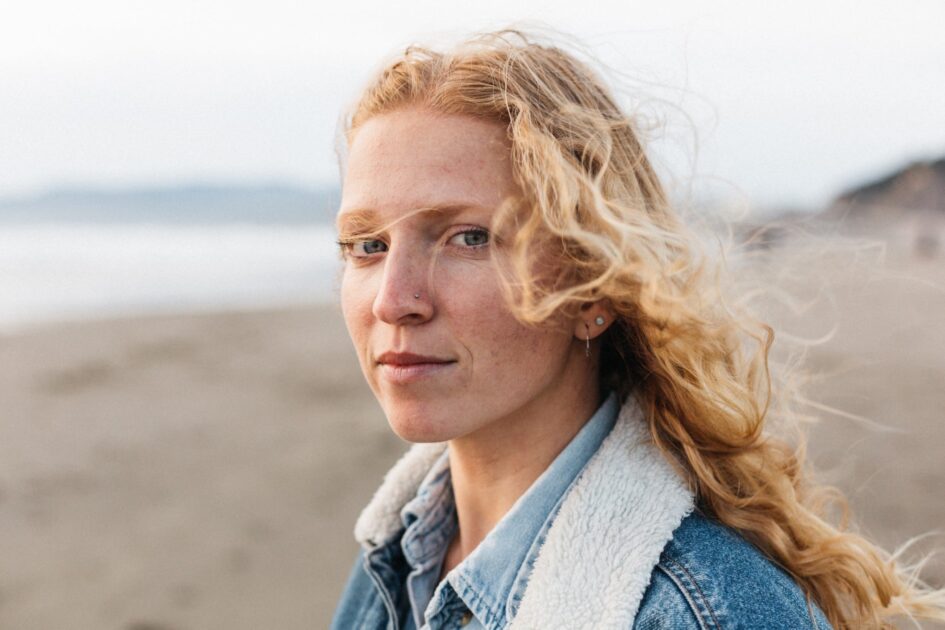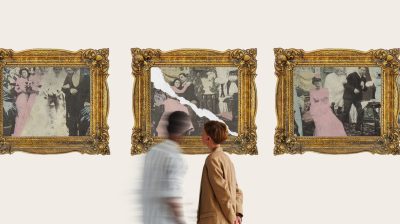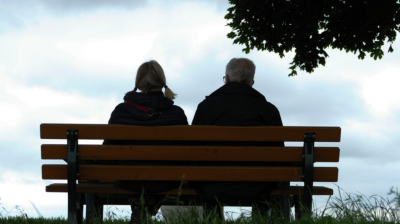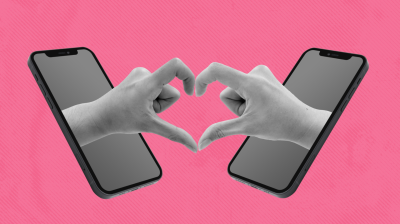Why I live proudly with my invisible disabilities
Aoife talks about her experience with Autism and EDS, and how her disabilities make her the person she is today

My name is Aoife, I am nineteen years old and I have lived my whole life with invisible disabilities. At the age of six I was diagnosed with Autism Spectrum Disorder, and when I was fourteen I was diagnosed with hypermobile Ehlers-Danlos Syndrome, which is a rare connective tissue disorder that causes, amongst other things, flexible joints and chronic pain. Together, these conditions affect just about every facet of my life, both for the better and for the worse.
Supports for people with invisible disabilities
My experience of living with invisible disabilities in Ireland has been a very mixed bag, especially when it comes to the supports I’ve received. I have horror stories for days, but I have also met some of the most supportive people along the way. I’m so lucky to have an amazing group of friends who love me for who I am – including my disabilities and not in spite of them.I have also had some incredibly supportive teachers over the years. Overall, though, I do not think that there are enough supports available for people with my conditions. For people with autism, the (rather sparse) services are almost entirely geared towards children, often focusing on special schools and ASD units. There is little to no specialist help for autistic adults such as myself. In terms of EDS, there is no expertise that I know of in Ireland. I had to travel to England to get my diagnosis, after years of running in circles back home. While I have received some physiotherapy and occupational therapy for chronic pain management, the support, by-and-large, just isn’t there.
Learning more about visible and invisible disabilities
I don’t think there is enough of an understanding of invisible disabilities in Ireland. I myself believe strongly in the social model of disability. The social model says that what makes someone disabled is not their specific condition, but rather the structures and attitudes of the society they live in. Prejudices and ignorance are what makes life difficult for people with disabilities, and I think that a lot of people just aren’t as aware of invisible disabilities as they should be. It’s the simple everyday things that add up to form a society that is unwelcoming for the disabled: people casually using hurtful words people making fun of autistic people’s fidgeting and stimming, people assuming that just because a person looks healthy, they don’t need to sit down on public transport. While any one of these individual actions may seem relatively harmless on their own, when combined they create a society that feels intolerant and that is not willing to learn. The most important thing that any non-disabled person can do is to be open to educating themselves and making adjustments in order to include disabled people. Accessibility is so much more than ramps and braille, and the sooner the general public learns this, the better.
“I simply would not be the same person”
One huge misconception about invisible disabilities, in my opinion, is that we’re all miserable souls praying for a cure. For many of us, this simply is not true – it is quite the opposite. If someone came to me in the morning and said that they could magically make any of my disabilities go away, there is absolutely no way I would do it. Being disabled is so closely tied into my identity. Having my disabilities has made me the resilient young woman that I am today. This is especially true for people with autism: a huge amount of my personality and interests – who I am as a person- is shaped by the fact that I have autism. This is a good thing! Yes, having autism means that sometimes I don’t know how to talk to my peers. I get overwhelmed in crowds and anxious when there’s a change of plan, and I still haven’t quite mastered the art of eye contact, but autism also means I’m hugely passionate. I can research my special interests for hours, and recall all sorts of information, and learn song lyrics really quickly. I have a great eye for detail and am hugely empathetic. If I wasn’t autistic, if I wasn’t disabled, I simply would not be the same person.
There’s a lot that our able-bodied counterparts can do to help the disabled community. But mainly, it all comes down to listening to people with disabilities. Don’t treat us like children. Value our contributions. We all have so much to say, if we are just given the space to say it. Never assume that you know someone’s full story just by looking at them. I can guarantee that you know far more disabled people than you may think.






